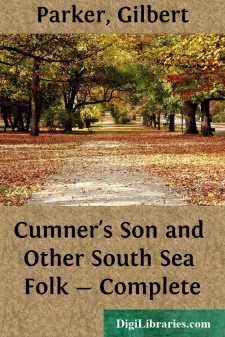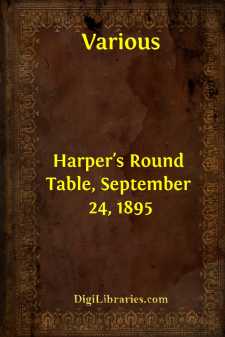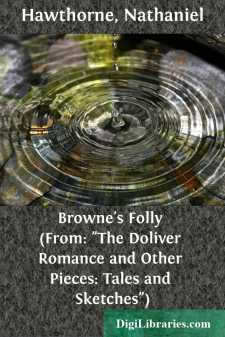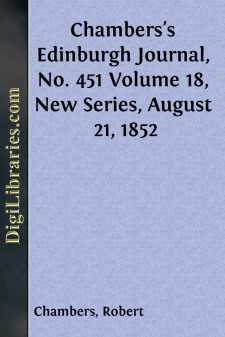Fiction
- Action & Adventure 183
- Biographical 15
- Christian 59
- Classics
- Coming of Age 5
- Contemporary Women 3
- Erotica 9
- Espionage/Intrigue 12
- Fairy Tales, Folklore & Mythology 236
- Family Life 169
- Fantasy 117
- Gay 1
- General 596
- Ghost 32
- Historical 808
- Horror 43
- Humorous 161
- Jewish 25
- Legal 4
- Medical 22
- Mystery & Detective 315
- Political 49
- Psychological 41
- Religious 64
- Romance 160
- Sagas 11
- Science Fiction 730
- Sea Stories 113
- Short Stories (single author) 537
- Sports 10
- Suspense 1
- Technological 8
- Thrillers 2
- Urban Life 31
- Visionary & Metaphysical 1
- War & Military 173
- Westerns 199
Classics Books
Sort by:
by:
Isabel Burton
During the first weeks at Damascus my only work was to find a suitable house and to settle down in it. Our predecessor in the Consulate had lived in a large house in the city itself, and as soon as he retired he let it to a wealthy Jew. In any case it would not have suited us, nor would any house within the city walls; for though some of them were quite beautiful—indeed, marble palaces gorgeously...
more...
by:
Gilbert Parker
I. THE CHOOSING OF THE MESSENGER There was trouble at Mandakan. You could not have guessed it from anything the eye could see. In front of the Residency two soldiers marched up and down sleepily, mechanically, between two ten-pounders marking the limit of their patrol; and an orderly stood at an open door, lazily shifting his eyes from the sentinels to the black guns, which gave out soft, quivering...
more...
by:
Various
The country-week girl came up the lane with her head in the air, so Gideon, who was watching her from the crotch in the old sweet-apple tree, afterwards remarked to little Adoniram. After some hesitation Gideon dropped down at her feet. Aunt Esther had especially enjoined it upon him to be kind to the country-week girl. Aunt Esther would remember that he used to get under the bed when a girl came to...
more...
by:
Cicely Kent
CHAPTER I INTRODUCTION TO THE DIVINATION BY TEA-LEAVES At no time in the history of the world has there been such earnest searching for light and knowledge in all matters relating to Psychic Phenomena as in the present day. The desire to investigate some new disclosure has resulted in yet other discoveries. Such will be handed on in their various forms to be studied and used by those who seek to learn....
more...
by:
Gilbert Parker
CHAPTER I. THE GATES OF THE SEA The part I played in Mrs. Falchion's career was not very noble, but I shall set it forth plainly here, else I could not have the boldness to write of her faults or those of others. Of my own history little need be said in preface. Soon after graduating with honours as a physician, I was offered a professional post in a college of medicine in Canada. It was difficult...
more...
MY DEAR COUSIN:âI should be very glad to write a story, as you request, for the benefit of the Essex Institute, or for any other purpose that might be deemed desirable by my native townspeople. But it is now many years since the epoch of the "Twice-Told Tales," and the "Mosses from an Old Manse"; and my mind seems to have lost the plan and measure of those little narratives, in...
more...
by:
Robert Chambers
WHO SHALL RULE THE WAVES? A contest of a very remarkable kind is now going on, one which is pregnant with important results in respect to commerce, to naval architecture, to geographical discovery, to colonisation, to the spread of intelligence, to the improvement of industrial art, and to the balance of political power among nations. The nature of this contest cannot be better made intelligible...
more...
by:
Edgar Saltus
THE ideal is the essence of poetry. In the virginal innocence of the world, poetry was a term that meant discourse of the gods. A world grown grey has learned to regard the gods as diseases of language. Conceived, it may be, in fevers of fancy, perhaps, originally, they were but deified words. Yet, it is as children of beauty and of dream that they remain. "Mortal has made the immortal," the...
more...
CHAPTER I "THE BEST BELOVED OF ENGLISH WRITERS" The Goldsmith family sprang originally from Crayford, a nestling village in Kent. This southern county, in all its loveliness, can thus add this high honour to its other though not greater glories. "To be the best beloved of English writers," said Thackeray, "what a title that is for a man!" This he gave to Goldsmith. It is a title...
more...
FRANCE. Hotel de Louvre, January 6th, 1858.—On Tuesday morning, our dozen trunks and half-dozen carpet-bags being already packed and labelled, we began to prepare for our journey two or three hours before light. Two cabs were at the door by half past six, and at seven we set out for the London Bridge station, while it was still dark and bitterly cold. There were already many people in the streets,...
more...











